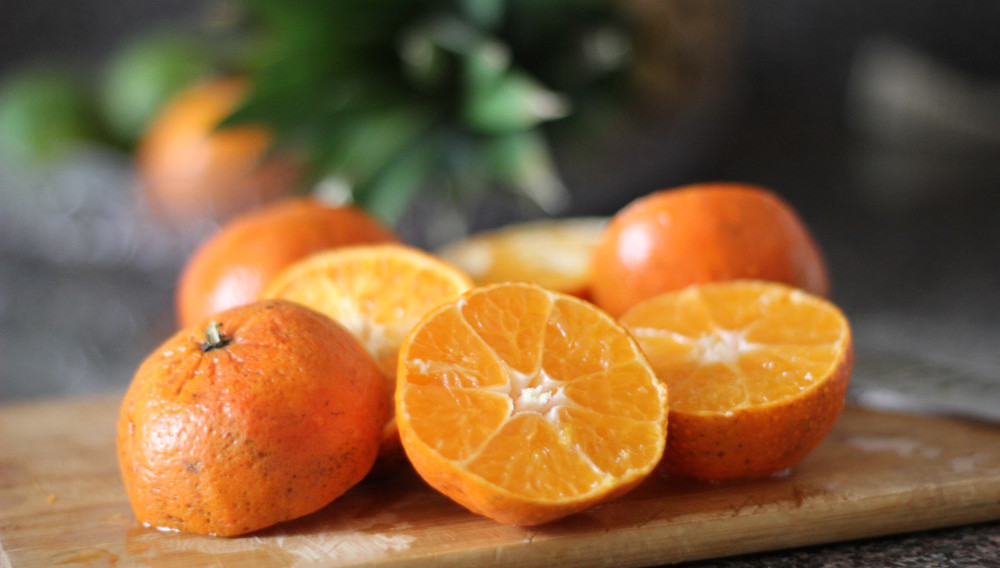Pepsi sells Tropicana and other juice brands to private equity firm PAI
USA | What to do with a business unit that spoils your results? Get rid of it. This is what PepsiCo did by selling a 61 percent stake in its juice brands, which includes Tropicana and Naked, to the private equity firm PAI Partners for USD 3.3 billion. The sale is part of the company’s broader efforts to focus on faster-growing beverages as customers increasingly ditch sugary drinks. This was reported on 3 August 2021.
PepsiCo will retain a 39 percent stake in its juice businesses in North America. The deal also includes the option for PepsiCo to eventually sell its European juice businesses at a later date.
PepsiCo’s CEO Ramon Laguarta said in the press release that the sale will “free us to concentrate on our current portfolio of diverse offerings, including growing our portfolio of healthier snacks, zero-calorie beverages, and products like SodaStream which are focused on being better for people and the planet.”
PAI Partners is a European private equity firm, headquartered in Paris. It is currently invested in Froneri, a leading ice cream manufacturer, and Ecotone, which specialises in healthier food. Per the press release, it manages around EUR 15 billion (USD 17.6 billion) of funds and, since 1994, has completed 84 investments in 11 countries, representing over EUR 65 billion in transaction value.
The transaction is expected to close later this year or early 2022 depending on regulatory approval.
Changing consumer tastes and habits
PepsiCo bought Tropicana from Seagram in 1998 for USD 3.3 billion, pitting it against Coca-Cola which has owned Minute Maid since 1960.
However, in recent years, the juice business has been a drag on PepsiCo’s bottom line. In 2020, the brands involved in the deal generated about USD 3 billion in revenue for PepsiCo, but trailed the company’s overall operating margin. PepsiCo reported net group sales of USD 70.4 billion in 2020.
Moreover, sales of orange juice have been declining steadily over the past decade, as consumers have gone off regular fruit juices. Though once regarded as healthy, consumers nowadays believe they are merely a source of empty calories and sugar. Today, fresh-pressed green juices, water and other low-calorie beverages have inherited that health halo.
Plus, regular juice was long marketed as a breakfast drink. When more people started eating breakfast on the go, juice got left behind.
Coke dumped Odwalla
Shifts in consumer habits have also affected Coca-Cola. Last year, PepsiCo’s rival announced it was shutting down dozens of underperforming brands, including the juice and smoothie label Odwalla, which it had bought in 2001 for USD 181 million.
Keywords
USA sales fruit juices acquisitions international beverage market
Authors
Ina Verstl
Source
BRAUWELT International 2021

